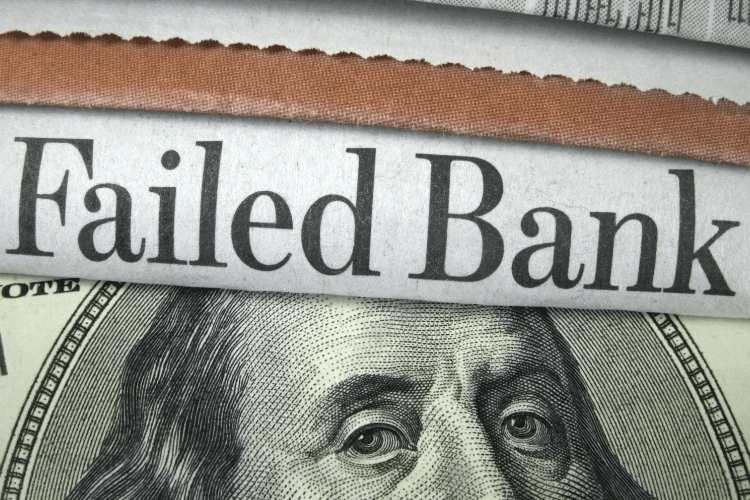A Guide to Personal Loan Origination Fees

It’s easy to find lenders who offer personal loans, but it’s not always as simple to select the loan that gives you the best deal. After all, it’s not just the loan itself you need to consider, but the interest rate, APR, and additional personal loan origination fees.
An origination fee could add hundreds of dollars to the cost of your loan. Is it even worth considering a personal loan that requires you to pay this extra fee? We’re here to explain everything you need to know.
What Is an Origination Fee?
An origination fee is a type of additional charge assessed during a loan transaction. You’ve probably heard about origination fees relating to mortgages and federal student loans, but they’re common with personal loans as well.
Also known as an underwriting or administrative fee, an origination fee covers the costs of processing your loan. The good news is that an origination fee is only a one-time charge. The bad news is that it can range as high as 8% of your total loan amount.
A number of factors may influence the exact origination fee assessed to your loan:
- Your credit score
- The amount of money you are borrowing
- The repayment term of your loan
- Whether you have a cosigner
- Your reason for borrowing money
It’s important to understand that an origination fee increases the overall amount of your loan, which means it also increases the amount of money you need to pay back. For example, you may be charged a 5% origination fee on a $10,000 personal loan. That origination fee of $500 increases your total loan amount to $10,500.
Should You Pay an Origination Fee?
As you shop around for personal loan options, you’ll find that some lenders assess origination fees and others do not. So why would you purposefully seek out a loan with an origination fee if it’s easily avoidable?
Believe it or not, it’s possible to get a better deal on your personal loan with an origination fee. There’s certainly no guarantee, but some lenders do offer lower APR rates or longer repayment terms to customers who pay an origination fee.
Loan APR
Make sure you understand your loan’s annual percentage rate (APR) and its implications before accepting or denying an origination fee. A loan’s APR uses its interest rate to measure the annual cost of borrowing money. Most APR calculations take the origination fee into consideration.
This means that you may be able to find a personal loan with an origination fee that offers a lower APR than a personal loan without an origination fee.
Repayment Terms
Shorter loan terms have higher monthly payments, while longer loan terms offer lower monthly payments. It could be worth it to select a loan that requires an origination fee if it provides terms that let you pay less per month for a longer period of time.
Weighing Your Options
There’s no black-and-white answer when it comes to selecting a loan with an origination fee.
Yes, the fee forces you to pay an additional 1% to 8% of your loan cost. But ultimately, it’s overall, surrounding terms of the loan that you should look at, and that will help you choose the best option.
If a lower APR or longer repayment term is offered with an origination fee, that loan could be the better choice. However, if you can find a personal loan without an origination fee that offers the same repayment terms as a loan with an origination fee, go for it. There’s no reason to expose your wallet to the extra expense.
Don’t wait to get out of debt! Read this: A Complete, Step-By-Step Guide to Get Out of Debt.










